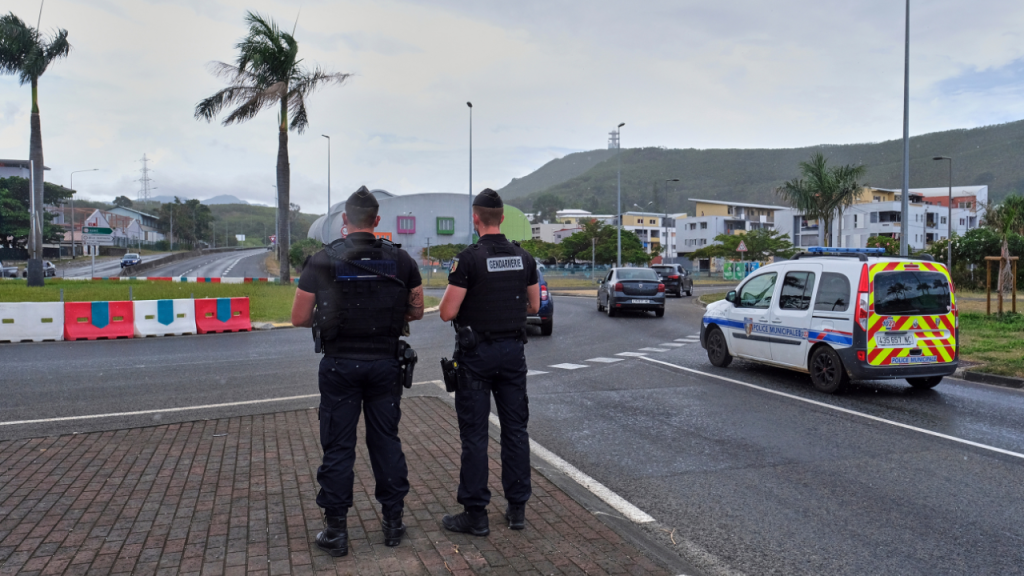French President Emmanuel Macron is considering imposing a state of emergency in New Caledonia in response to escalating violence that has resulted in at least three deaths and over 130 arrests. The violence erupted after protests over a constitutional reform pushed by Paris turned violent, stirring up long-standing tensions in the French Pacific territory. Macron has emphasized the need for political dialogue and condemned all forms of violence, expressing the importance of restoring order through the state of emergency.
Prime Minister Gabriel Attal announced plans to impose a state of emergency to restore order quickly. Macron has called for a resumption of political dialogue and has instructed the prime minister and the minister of the interior to invite New Caledonian delegations to Paris. French Minister of Interior Gérald Darmanin reported that there were overnight evacuations of gendarmes due to an attack with an ax and live ammunition. Additionally, reinforcements have been sent to the territory and efforts are being made to bring calm to the situation.
The unrest in New Caledonia has led to curfews being imposed, with the authorities urging for calm and reason among all parties involved. The violence has resulted in multiple deaths, injuries, and property damages, prompting the deployment of significant law enforcement personnel to the region. Schools have been closed, and the main airport remains shut down to commercial flights. The situation is deemed as very serious and potentially deadly, with residents forming self-defense groups to protect their homes and businesses.
The root of the current crisis in New Caledonia lies in France’s attempts to extend voter lists to benefit pro-France politicians and further marginalize the Kanak people who seek independence. The National Assembly adopted a constitutional revision reforming the electoral body in New Caledonia, sparking outrage among pro-independence representatives and fueling protests. Macron has called for calm and condemned unworthy violence, urging local politicians to engage in dialogue and propose changes to the bill.
New Caledonia has a complex history with France, with tensions between Indigenous Kanaks seeking independence and descendants of colonizers who wish to remain part of France. A series of referendums held between 2018 and 2021 saw a majority of voters choosing to stay with France, but the pro-independence Kanak people rejected the results, citing issues such as the timing of the votes during the COVID-19 pandemic. Discussions around constitutional reforms and political autonomy continue as France grapples with the challenges of balancing differing aspirations and historical legacies in its overseas territories.













